Wartales offers an amazing, personal journey, but lacks clear narrative
Like an open-world Fire Emblem, Wartales focuses on character development through a series of complex, interlocked systems. But, unlike the classic series from Intelligent Systems, Wartales relies a lot more on its world and the characters you’ll create in it, than any kind of driving narrative.
At the outset of Wartales, you’ll have next to nothing — and the complete lack of tutorial features or anything to assist you besides the odd tooltip can be a little scary. That said, a defining feature of Wartales is that its systems are incredibly intuitive, and this is the kind of game where if you think you should be able to do something, you probably can.
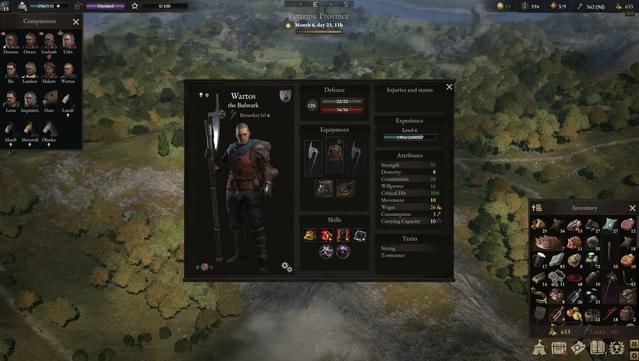
The basic premise has been done many times before. You’ll take control of a small company of mercenaries, refugees or otherwise displaced individuals who for some reason come together and decide to form a fellowship. Your starting characters will all have names and classes, and the focus on these individuals and their relationships is clear from the start. You may reach a point in Wartales where you have enough people in your group to forget who is who — but that won’t be for many hours.
As your group moves around the open world in real-time, you can explore areas of interest such as buildings, mines and even tombs, and in doing so you’ll gain food, craftable items, improved weapons and armour and much more. Access to more interesting items comes fairly slowly here, and the first five to ten hours of Wartales will challenge you to manage your party carefully, optimising loadout, healing wounds fastidiously and making sure morale stays high.
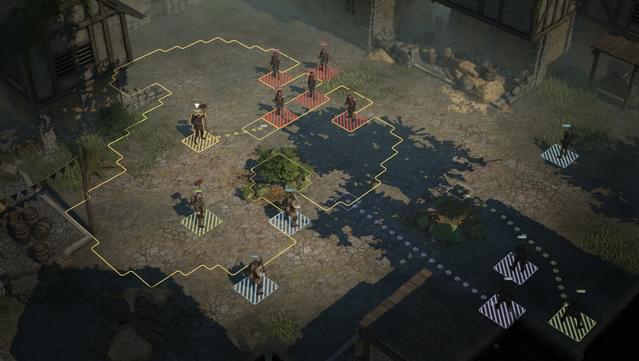
On that latter note, the party must be fed, well-rested and paid to remain a cohesive fighting force. Food is fairly scarce/expensive early on, although hunting boar, wolves and bears is as rewarding as it is dangerous. Wartales is the only game I’ve played where I felt compelled to steal food from markets and passing traders, and there’s even an option to “unlock” cannibalism which is every bit as ominous as it sounds.
The thing about Wartales is that every system in the game has layers upon layers to unlock — and despite the lack of instructional text, it feels very intuitive. The party gains knowledge just for doing and trying things — and in turn these unlock points in different areas (such as honour and glory, or crime and chaos) and as points are spent, new skills are learned. These include everything from the mundane (such as recipes and crafting ideas) to the extravagant, with powerful passive effects that stack to really transform the party over time.
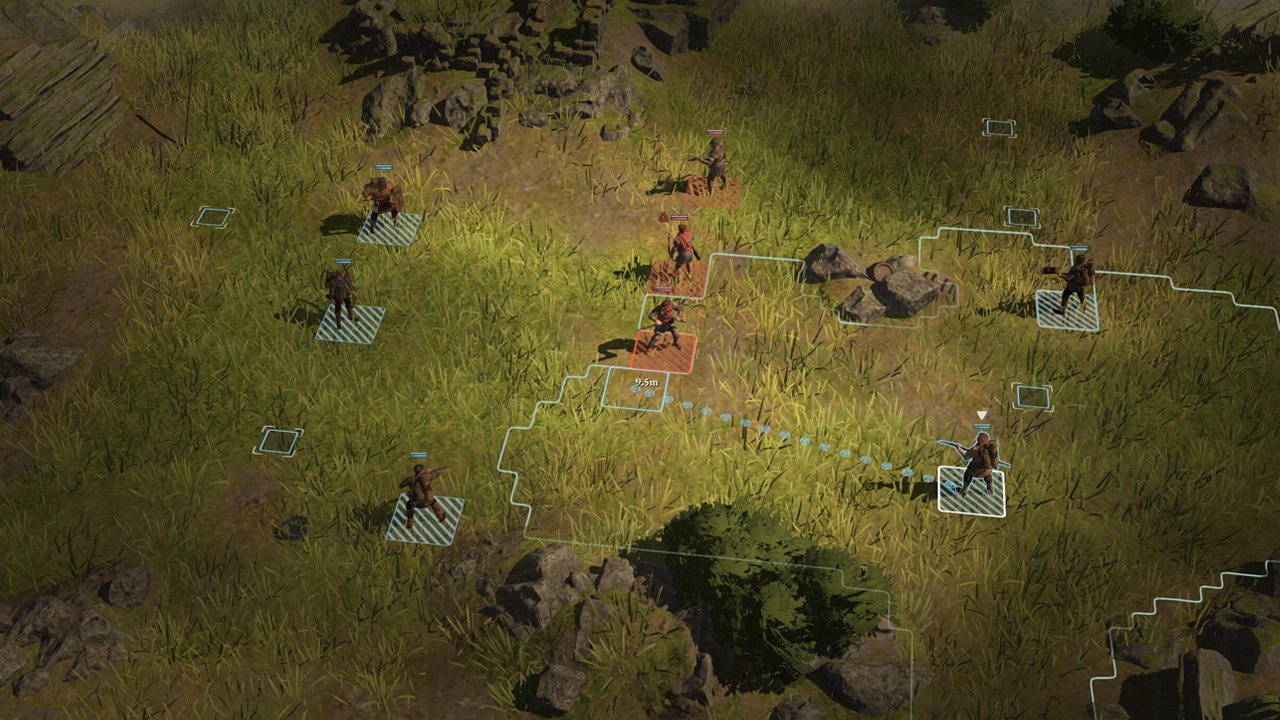
I say all of this without even having mentioned the combat system, which is where Wartales really excels. As an isometric, turn-based tactical game, Wartales looks very similar to many other games of its kind. This feeling doesn’t last long, however, because again Wartales systems immediately differentiate it.
Characters are divided by class (which isn’t unusual), but the classes themselves include subclasses that begin to feel very unique. A spearman might be configured as a Harpoonist — a unit that can throw a spear to cause bleed damage — or they might be a Pikeman, who is able to hold a line, present a spearwall and even receives a passive boost when standing side by side with a comrade.
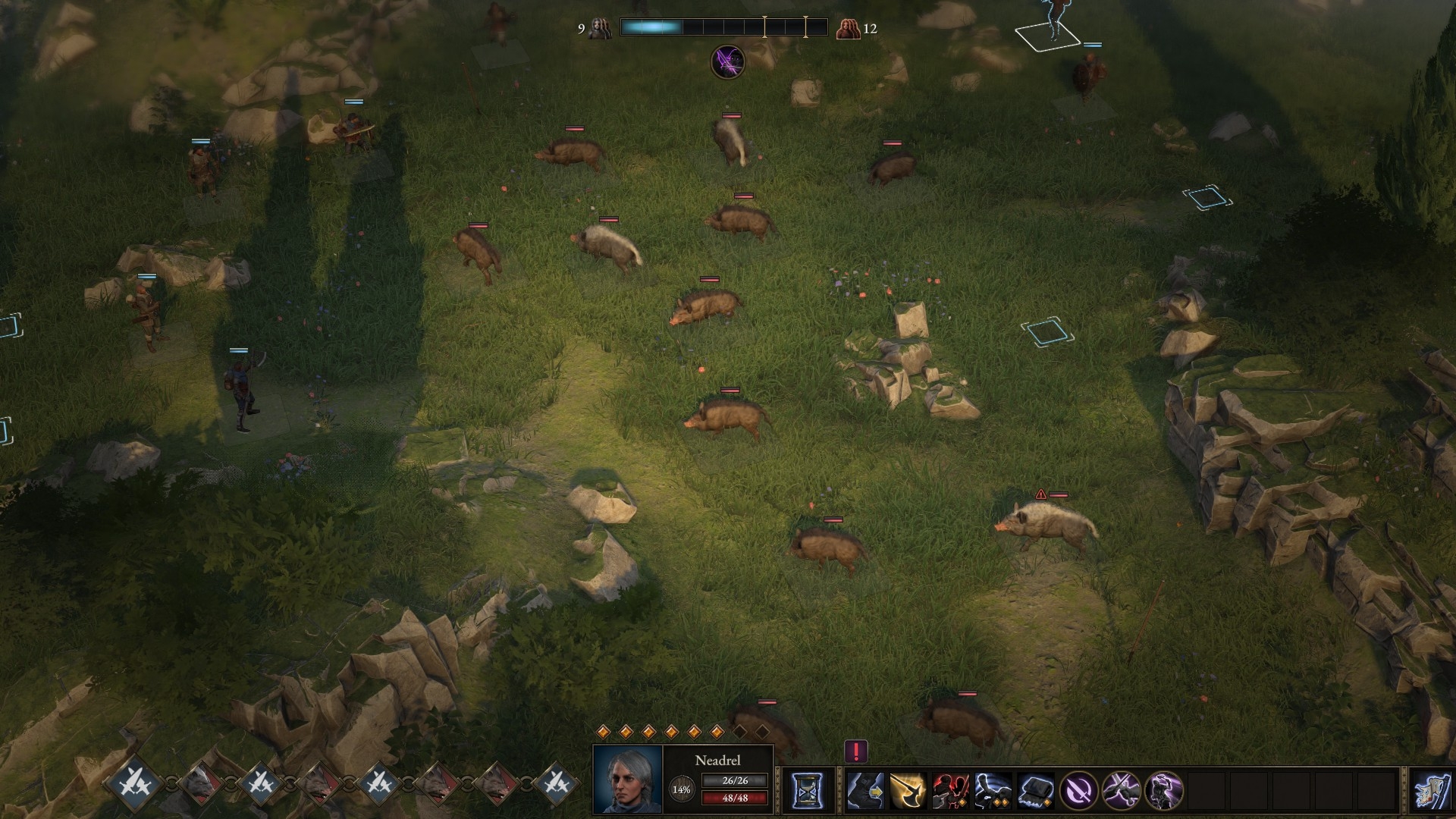
Fighters are similarly versatile — with everything from tanks who can go toe-to-toe with any enemy, to berserkers who lose life each turn whilst simultaneously earning bonuses to their attack strength. Layer unique and craftable armour on top of this, along with character traits, bonuses and debuffs based on party status, reputation and relationships. There’s a lot going on in Wartales.
If there is a downside to Wartales, it’s that the party you create feels more interesting than the world it occupies. There are some story beats in Wartales — the idea of refugees escaping war, the aftermath of a plague and so on, but I never felt much connection to it. After ten hours of play, Wartales had given me no specific story direction — just a vague notion that each of the map areas is locked by difficulty, and by earning renown in one, I would likely get a “border pass” to the next. Regardless, I could always buy a pass for a relatively modest sum and go anyway.
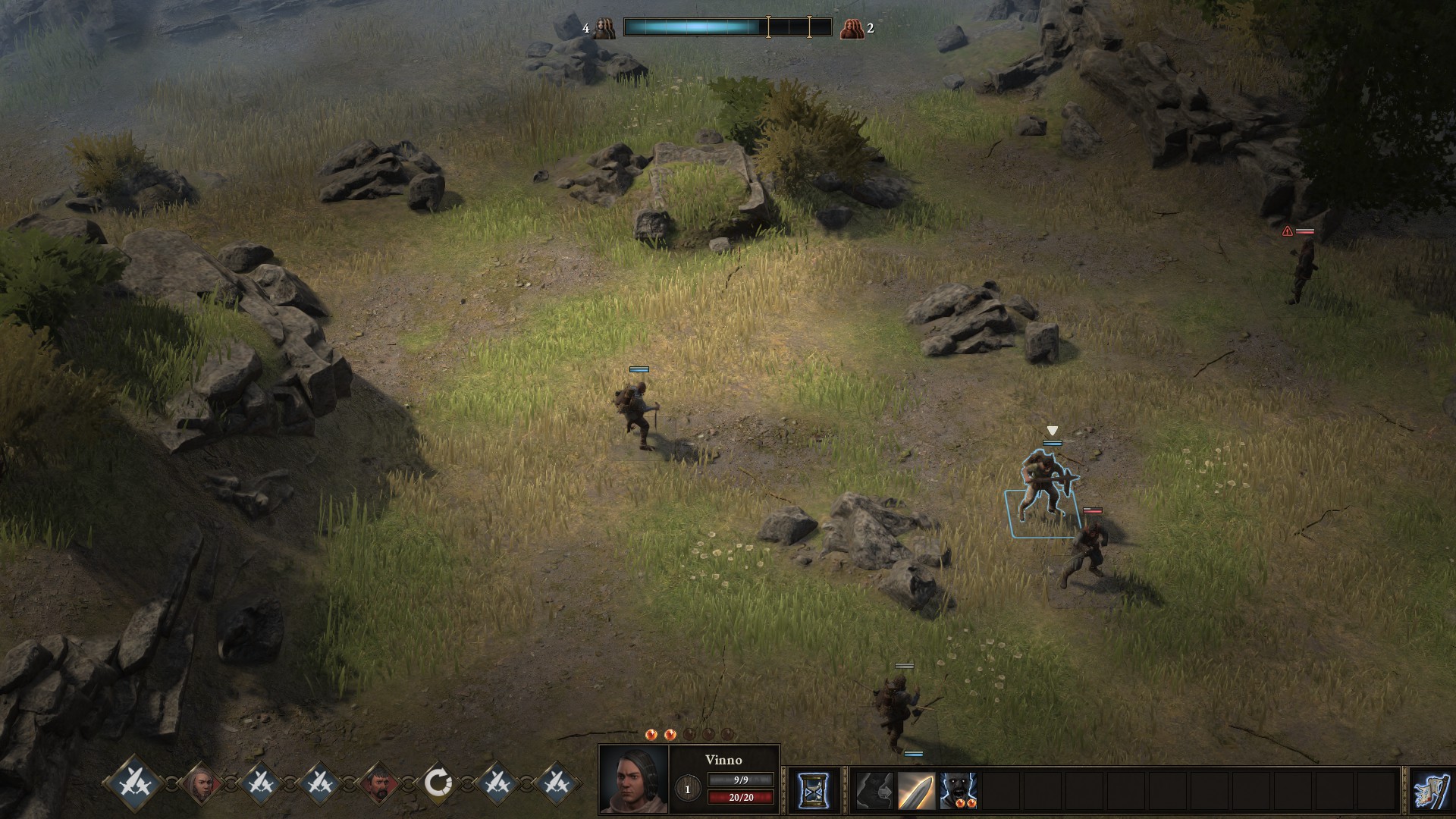
Wartales is a truly standout tactical RPG experience, especially if you like building connections both with and within a party, and developing your characters over the course of many hours. The combat system is truly deep and immersive, and the supporting systems are every bit as interesting and worthy of your exploration. The world itself is large and fun to explore, but you’ll have to build your own storyline within it, as what is offered here is close to non-existent.
You can find Wartales on Xbox, Nintendo Switch and PC.
Comments are closed.